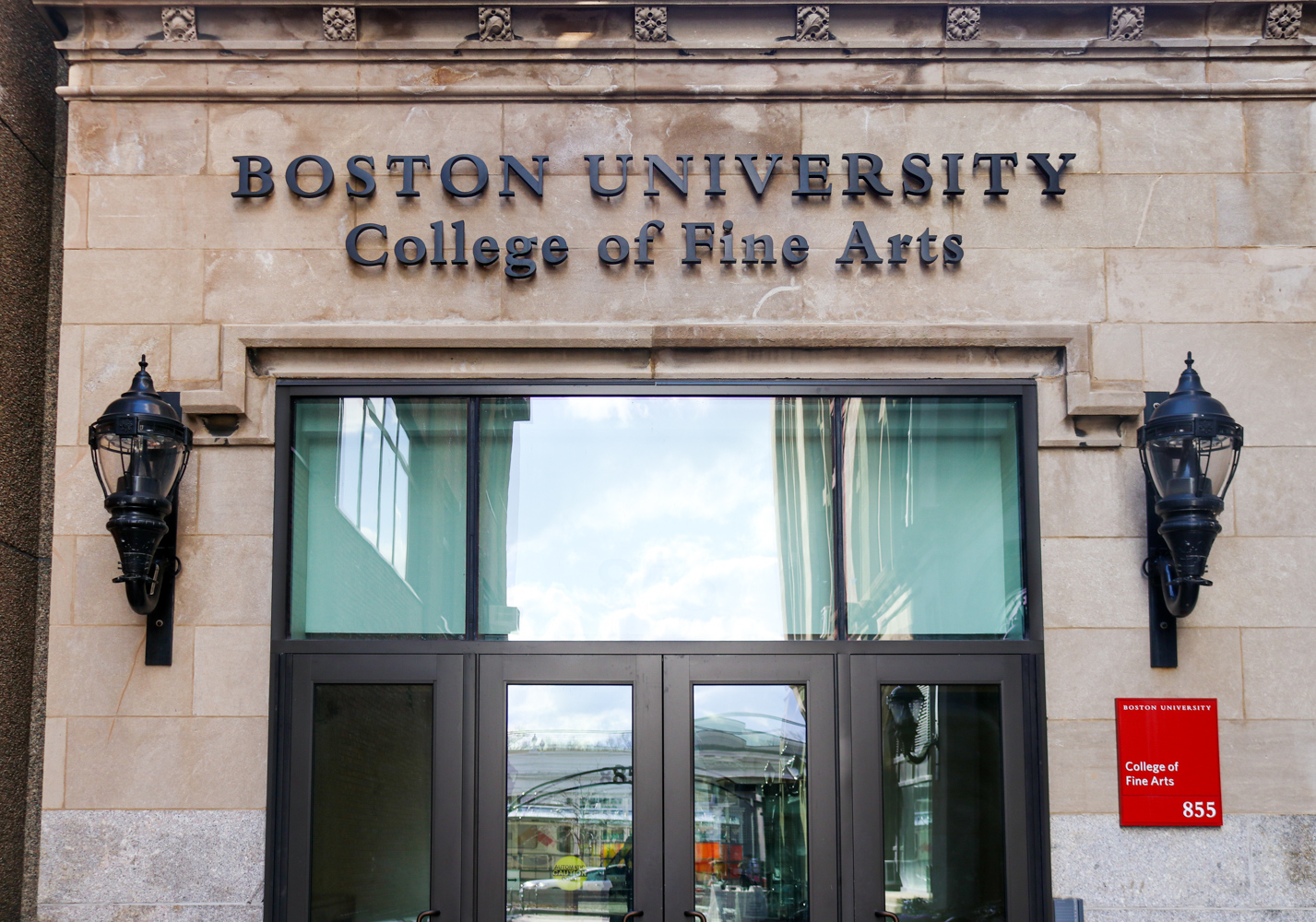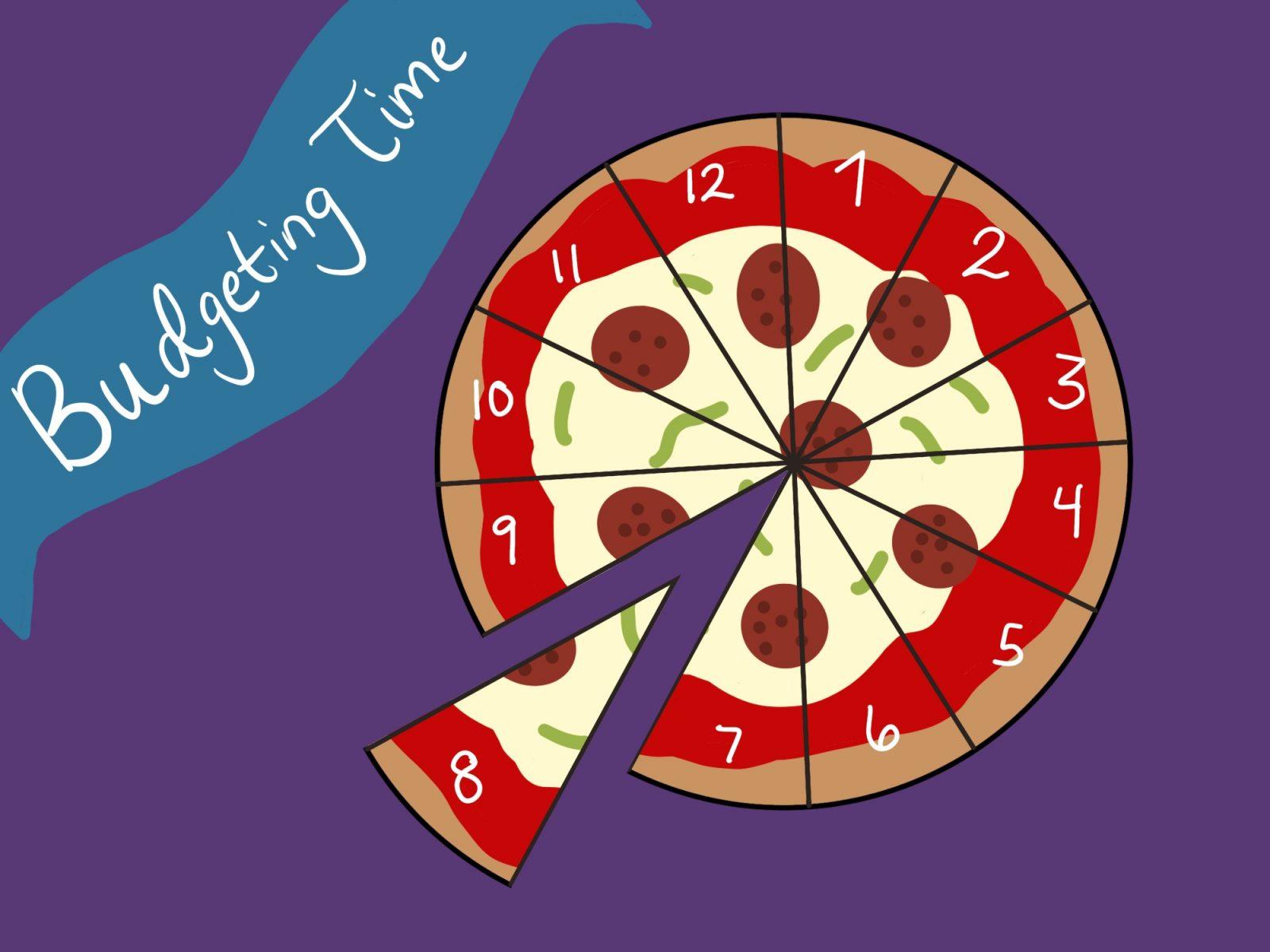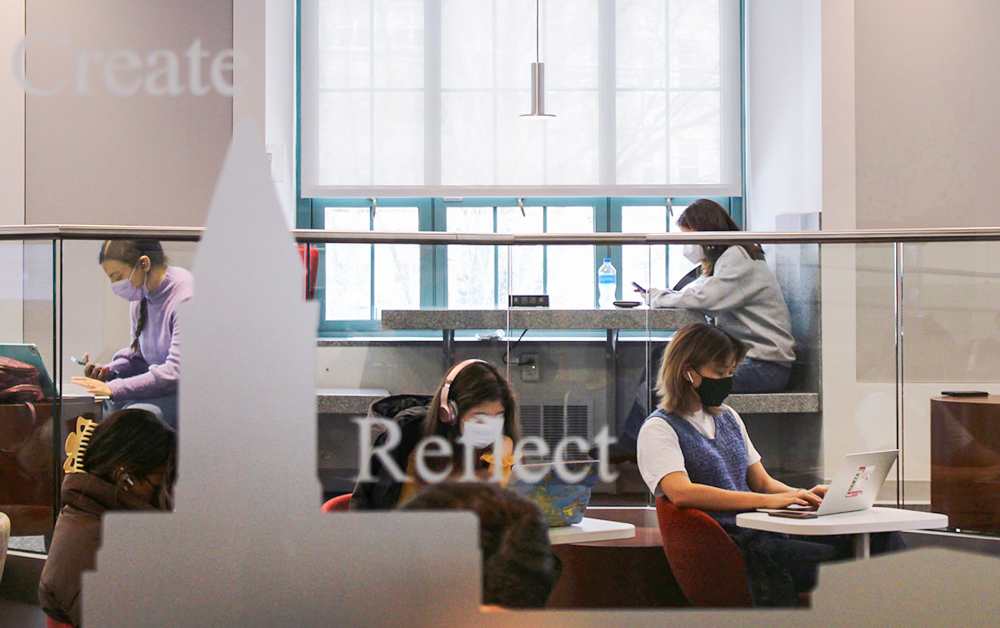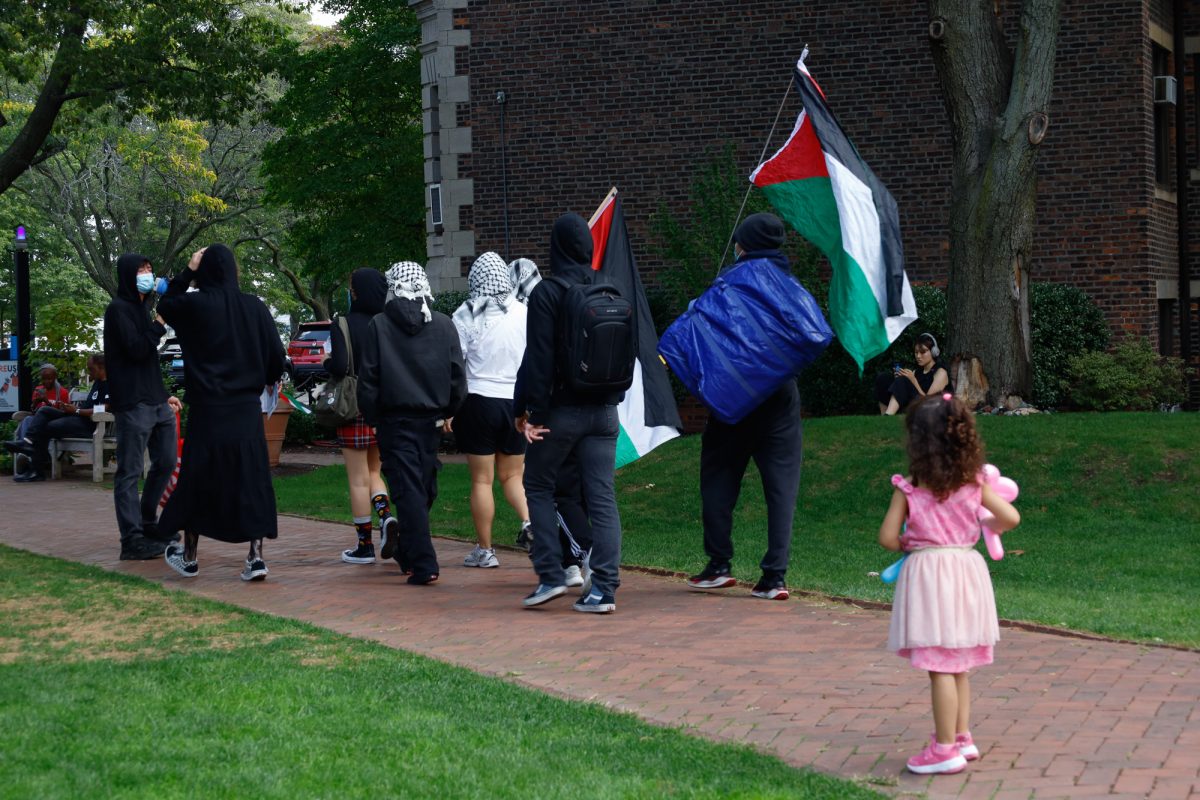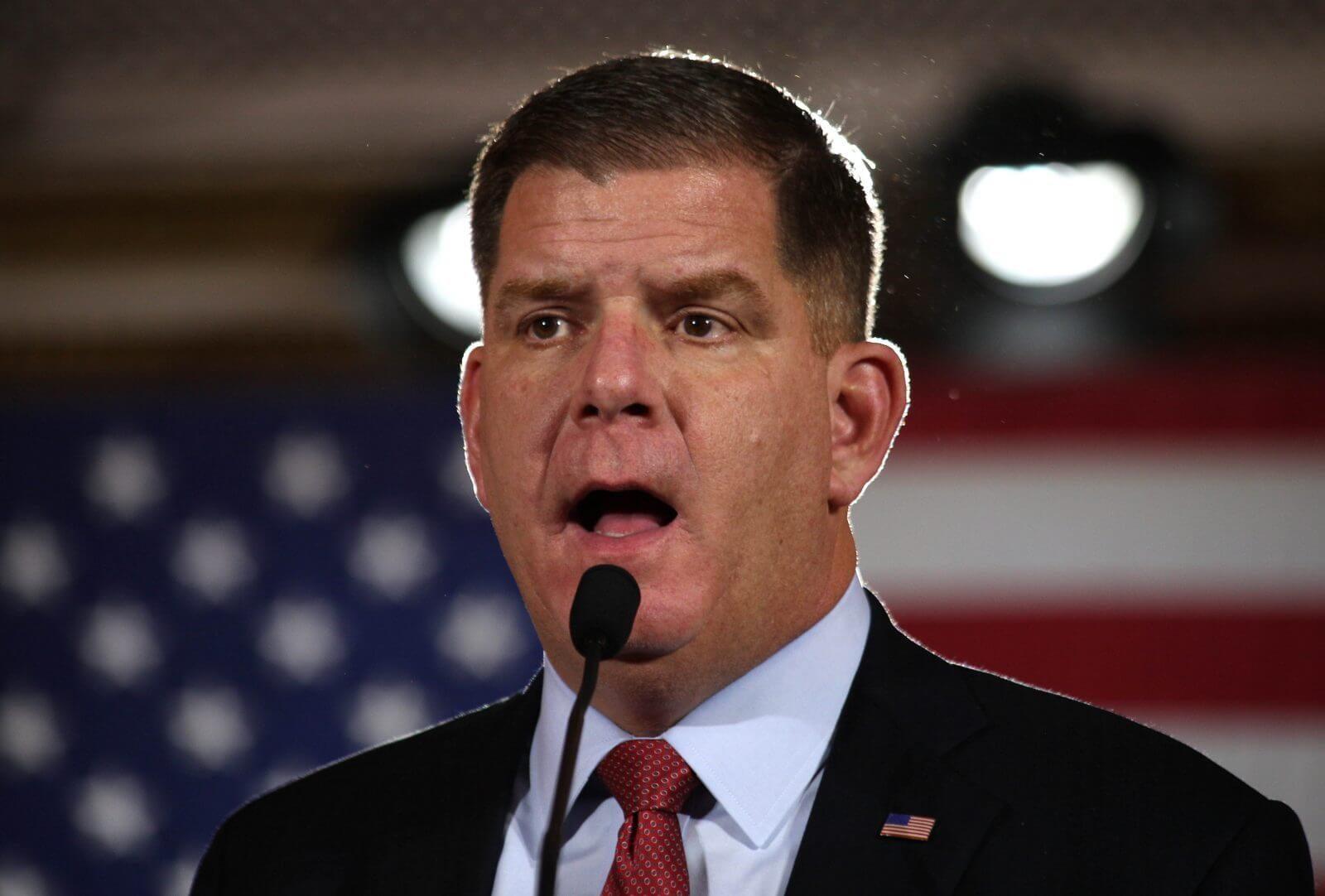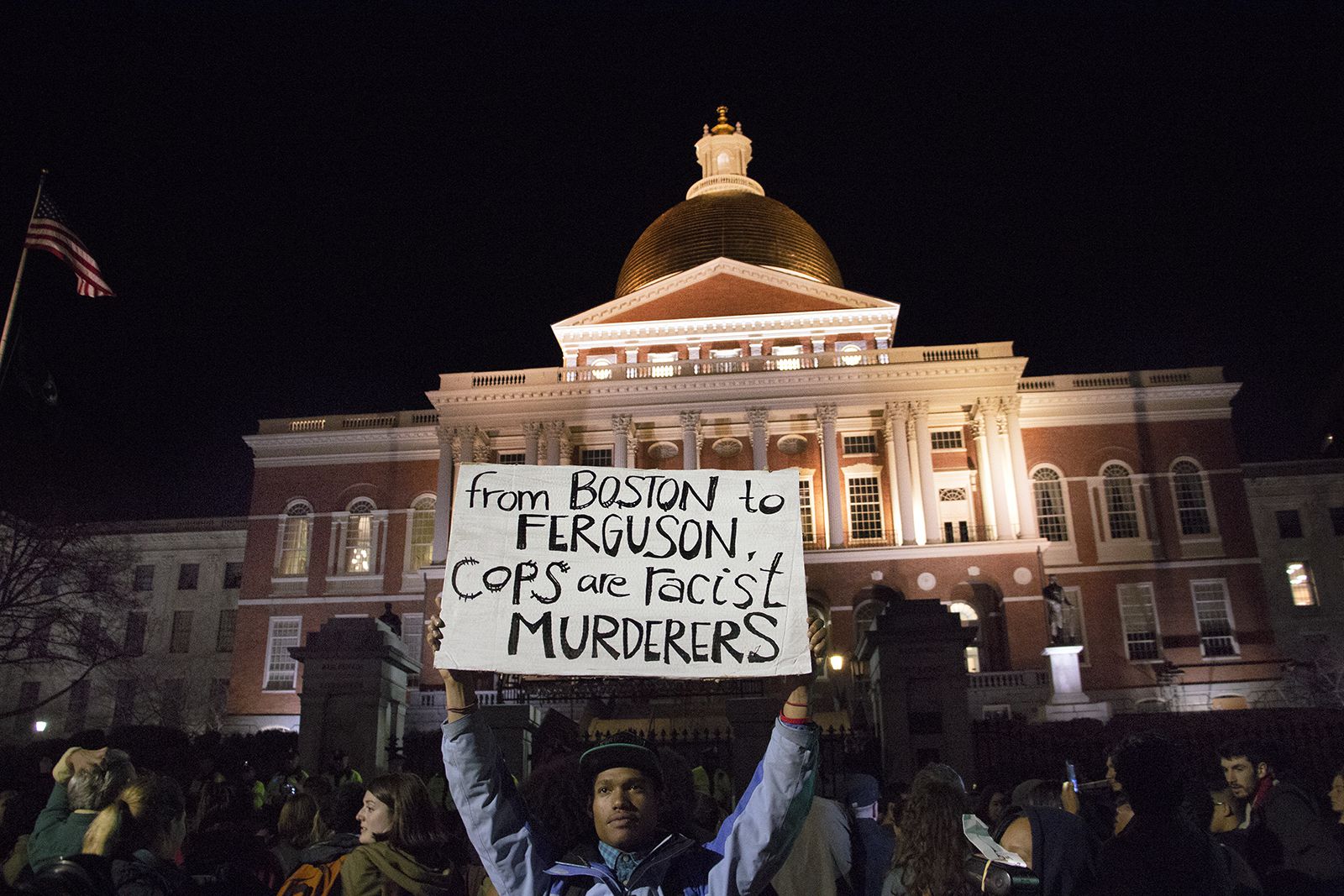Under the Post-9/11 GI Bill, more than one million military service members released from duty in the Middle East and their families are expected to pursue a postsecondary education at institutions such as Boston University, according to a recent report.
The Association of Private Sector Colleges and Universities Blue Ribbon Taskforce released a report Wednesday with recommendations to protect prospective veteran students from recruiters and managers found to have engaged in predatory recruitment practices.
“One of the biggest things for veterans returning for school … is you have that break from being in a learning environment, and you lose the skills of study habits such as writing papers,” said Major Josh Goodrich, a recruiting operations officer of BU’s ROTC program. “… Veterans will be in a different place in their lives. They may have a spouse or children.”
The report recommended that prospective military and veteran students receive relevant information to avoid “aggressive and misleading” recruitment practices, such as inaccurate information on transferring credits.
“Explain the ramifications of student loan debt, in terms of monthly repayment obligations when feasible,” read the report. “Always encourage responsible borrowing if a student needs or chooses to borrow to pay for education costs or other personal expenses which may be covered by federal loan funds.”
Between Aug. 1, 2009 and Jan. 23, 2013, more than one million veterans attended institutions of higher education in the U.S., according to a U.S. Department of Veterans Affairs study referred to in the Wednesday report. The number of veterans, spouses and dependents using Post-9/11 GI Bill benefits grew 84 percent from the first to the second year of the benefit.
“Demographics aside, the veteran student brings a unique life experience and perspective shaped by their military service to their campus and classroom environments, and provides invaluable enrichment opportunities to their civilian student peers,” the report stated.
Goodrich said offering a blended program of on-campus and online courses to veterans will help them transition back to the U.S. and that the opportunity to take courses online opens the accessibility of college.
“No question about it, having a college degree will provide them in any path they try to pursue,” Goodrich said. “Some people are glad to have served in the military, but some might want to set their roots in a community and work in the civilian sector.”
BU spokesman Colin Riley said BU has 25 veteran students enrolled and is not actively recruiting any more.
“Most students who know about BU will apply to BU, but we don’t have a capacity to fill,” he said.
Riley said veterans from Massachusetts can pay for public education, but the tuition for private education is more expensive than their benefits can cover.
However, many veterans would not be able to experience campus life, according to the report. The report references the 2010 VA survey showing many veterans are also part-time, transfer or distance learners.
“It is a juggling act between having a family, having to work and going to school,” Goodrich said.
Goodrich said he remains hopeful for an increasing growth in veteran students.
“A lot of people in the military want to be challenged,” he said. “They are used to earning their credentials and earning their rank and they will find this challenge here at BU.”










































































































